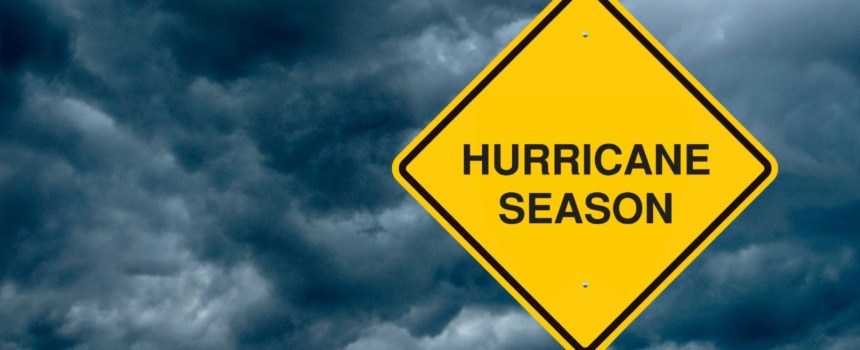With hurricane season fresh on people’s minds, it’s an excellent time to consider how your company would deal with a hurricane.
A hurricane could destroy your business and lead you to bankruptcy or shutting down. But if you’re prepared, your company can weather the storm and provide products and services while others can’t.
You’ll need an insurance policy – and one of the best business insurance policies is worth it – a disaster plan and extra reserves. You can prepare all these things if you prepare ahead.
Risk and Insurance
First, you have to understand your risk. If you’re in the Midwest, you have other things to worry about, like tornadoes. And if you’re in the West, you probably need to focus on the possibility of a wildfire. But if you’re anywhere in the eastern part of the United States, hurricanes probably take priority in your mind.
Second, you need something to mitigate your risk. If you’re living in an area that could see the impact of a hurricane, you need to start with commercial property insurance. This type of coverage helps you recover from the financial impact of damage from hurricanes in the form of extreme winds, flying debris, and fallen trees and branches.
A commercial property insurance policy will cover your equipment and building from hurricane damage except flood damage. If you need coverage for floods, you’ll have to get a separate flood insurance policy.
Disaster Plan
If you can learn lessons about natural disasters from other individuals and companies who have experienced their aftermath, you can be better prepared to handle a disaster yourself.
When you know a storm is coming, have you thought through a sensible response? Instead of trying to make decisions in the stress of the moment, come up with a plan beforehand.
Your plan should include what to do if employees are at your business location as well as what to do if employees are not on working hours but a storm is predicted.
You may decide to have employees work remotely if a storm is predicted so that they don’t have to risk getting to and from work. If the storm bases to the east or west, you’ll still have employees accomplishing tasks. And if the storm comes directly through your area, you’ll keep yourself from being personally responsible for everyone’s well-being.
Preparation in sales leads to more efficient sales, just as preparation for disasters leads to more efficient recovery.
Financial Reserves
Even with a good insurance policy and a business plan for dealing with disasters, you need to have finances saved to get you through tough times.
It’s not uncommon for companies to be shut down for several days due to power outages. If damage is more significant, your company may not be operational for several weeks or longer.
Some insurance policies cover lost wages due to natural disasters. So, if you have that kind of policy, that will help. However, it’s still a good idea to have emergency savings so that you can cover costs immediately when needed and expenses that aren’t covered by insurance.
With a robust insurance policy, a plan, and emergency savings, you can keep your company in business and create a positive workplace culture. A company that can help when other companies are non-functional will stand out.




Comments